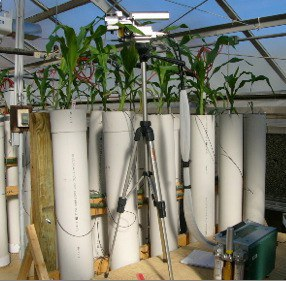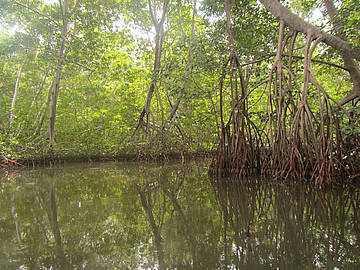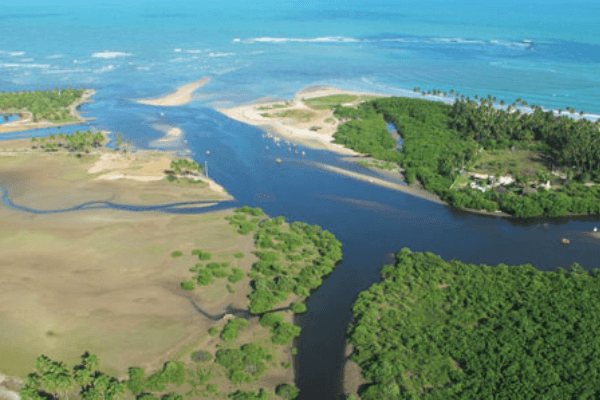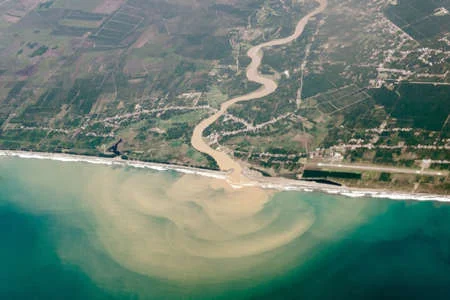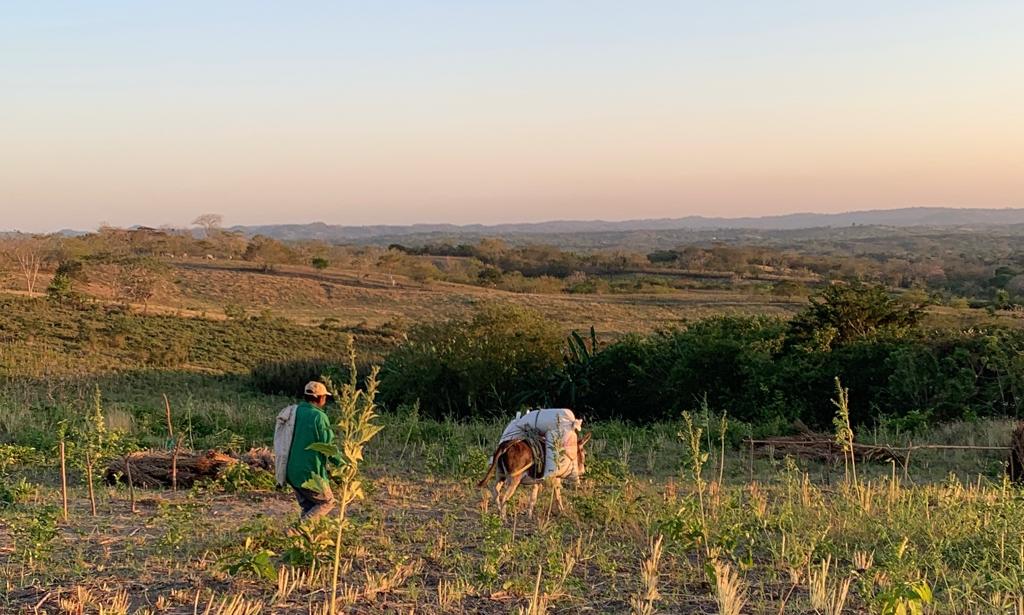RESUME
In the present study carried out in 2022, it was characterized by evidencing the environmental impact on aquatic ecosystems of the use of herbicides such as glyphosate, which is largely used to eradicate illicit crops in Colombia. In the research, the Ecoceanos Corporation managed to characterize the poor state of health in 4 species of fish and 3 species of mangroves. Physiognomic aspects of the forest and its health index were evaluated. 78 interviews were conducted with people who are part of Indigenous Zenú communities in the settlements near the areas studied on the Island of Barú, Bolívar – Colombia to evaluate the knowledge and community behavior about the mangroves and fish that were part of their food and economy. It was identified in the mangroves sedimentation of residues, Arboreal degradation, high salinity and decrease of nutrients, in the species of fish investigated we evidenced signs of toxicity and mortality. In response to this study, the Ecoceanos Corporation was able to determine mitigation and restoration strategies for the affected ecosystems to carry out impact projects that improve the community conditions of the Zenú Indigenous Communities.
Keywords: Keywords: Glyphosate, fumigation, Illicit crops, Ecosystems, Mangroves, Environment.
